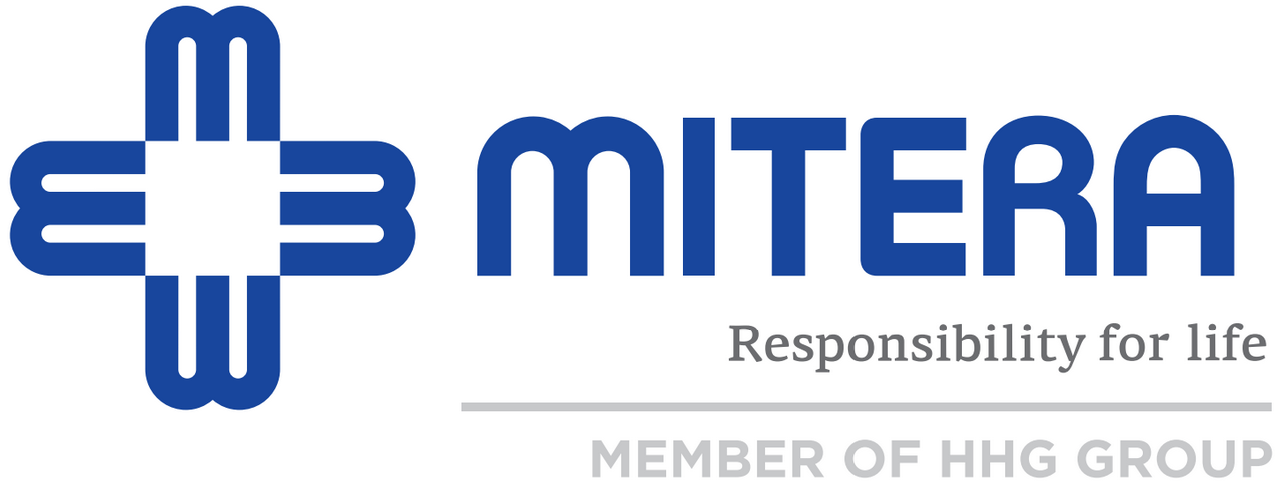Some general information about vaccines
Their invention and wide use are strong weapons against various infectious diseases. It is worth to be mentioned that after 1977 there are no reported incidents of smallpox all over the world, while poliomyelitis has been globally eradicated.
Written by
Anastasios Kifiridis
Paediatrician, Attending Doctor in MITERA Children’s Hospital
Vaccines are special antigens that stimulate the body’s immune system to develop antibodies. These antibodies should protect the body either partly or completely, permanently or for a limited time, from the infectious agents. Even in the case that the vaccine fails to prevent an infection, the immune system responds quickly and symptoms are milder. Parents should be informed about the following:
- Scheduled vaccination should not be postponed in the case of mild infections with low fever (<38ºC).
- Vaccination should follow the recommendations of the Hellenic Paediatric Society.
- The expiration date of a vaccine should be checked.
- All vaccines should be stored at a temperature of 2-8ºC and not only put to the fridge.
- Intramuscular vaccines should not be given in the buttocks. They should be given either on the anterior lateral thigh muscle or on the mid-deltoid region of the upper arm.
- Premature babies should be vaccinated according to their actual age.
- A vaccine dose is useful regardless the vaccination time.
- Special attention should be given to the vaccination of immunocompromised patients, pregnant women and people that recently had a blood or blood derivatives transfusion.
The invention of multi-vaccines was revolutionary since these vaccines provide protection against as many as six infectious diseases (diphtheria, tetanus, pertussis, poliomyelitis, Hhaemophilus influenzae, hepatitis B virus) on a single visit. Special reference should be made for the vaccination of adolescents. Adolescents should be vaccinated against pertussis (TdaP) and also against Human papilloma virus (HPV).
New vaccines are available in the USA or will be available in the near future such as 10-valent and 13-valent pneumococcal conjugate vaccines (PCV10 and PVC13), MMR-V (measles, scarlet fever, parotitis, chickenpox), vaccine against Varicella zoster virus for adults above 60 years of age as well vaccines against smoking (NicVAX) and hypertension (CYT006-AngQb).
Doctors and parents should consider the adverse effects of being careless about vaccines. These effects are related to children as well as to the society and for that reason both doctors and parents should support vaccination. Emphasizing on any undesirable effects and the incomprehensible fear of responsibility of some doctors set serious obstacles on vaccination spreading.
Vaccines are the main expressions of Preventive Medicine on a global level.


